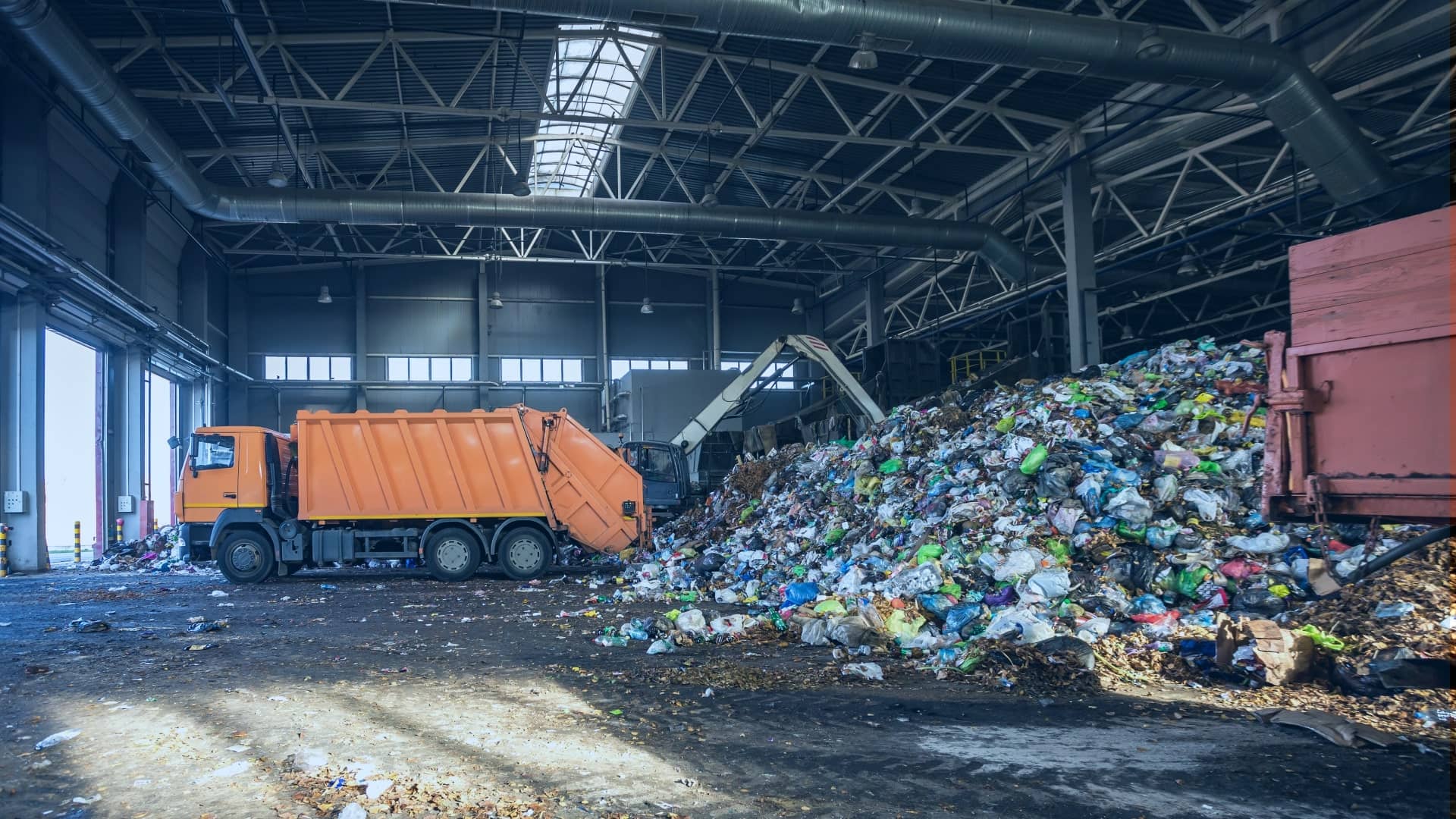Reclaim Waste Fundamentals Explained
Table of ContentsThe smart Trick of Reclaim Waste That Nobody is Talking AboutSome Known Facts About Reclaim Waste.The Facts About Reclaim Waste RevealedThe Facts About Reclaim Waste UncoveredUnknown Facts About Reclaim Waste
Residential sewage waste refers to the waste and items from a household septic container. The correct monitoring and disposal of residential sewer waste need liquid waste to be transferred to a sewer therapy plant where the correct methods and equipment are used to cleanse and dispose of waste.
Business waste typically includes potential threats, such as flammable products or a mix of liquid and strong waste products, and needs a much more innovative and in-depth disposal procedure. The disposal of commercial waste commonly entails the filtration of waste prior to transportation to make sure safe and appropriate disposal. Industrial waste is developed from results and overflow of industrial procedures and manufacturing.
This kind of waste can not utilize the same sewage administration transport or processes as septic or business liquids. The industrial waste management procedure needs the evaluation and testing of fluid waste prior to it goes through the disposal procedure (liquid waste removal). Drainage waste is the fluid waste that comes from drainage and excess stormwater in highly populated areas or cities
Overflow waste can trigger contamination and flooding if not dealt with effectively. Find out more concerning sewer cleansing and waste administration. Ensuring proper waste management can avoid calamities and minimize environmental damage. Both individuals in household setups and specialists in business or production sectors can profit from recognizing the processes and policies of liquid waste administration.
Facts About Reclaim Waste Revealed
Contact PROS Services today to discover our waste management and disposal services and the proper methods to look after the fluid waste you generate.
(https://www.goodreads.com/user/show/183557660-leon-aube)This supposed 'wastewater' is not only an important source but, after therapy, will be released to our land, rivers or the ocean. Utilized water from toilets, showers, baths, cooking area sinks, washings and commercial procedures is understood as wastewater.

water utilized to cool down equipment or tidy plant and tools). Stormwater, a form of wastewater, is drainage that moves from agricultural and metropolitan areas such as roof coverings, parks, yards, roadways, courses and rain gutters into stormwater drains, after rain. Stormwater moves unattended directly to regional creeks or rivers, eventually getting to the ocean.
Rumored Buzz on Reclaim Waste
In Queensland, most wastewater is dealt with at sewage treatment plants. Wastewater is transferred from residential or commercial websites through a system of drains and pump terminals, understood as sewerage reticulation, to a sewage treatment plant. City governments build, maintain and operate most sewage treatment plants. Operators are licensed under the Environmental Defense Act 1994 to discharge treated wastewater at an appropriate ecological criterion right into rivers.
The Division of Natural Resources suggests neighborhood governments concerning managing, operating and keeping sewerage systems and treatment plants. In unsewered locations, regional governments might call for owners to set up individual or family sewage treatment systems to deal with residential wastewater from toilets, kitchens, restrooms and washings. The Division of Natural Resources authorises using family systems when they are shown to be reliable.
In some brand-new communities, treatment of some stormwater to get rid of litter, sand and gravel has actually started utilizing gross toxin traps. Wastewater therapy takes place in four phases: Gets rid of strong matter.
Wastewater after that flows right into big tanks where solids clear up and are gotten rid of as sludge. Oil and scum are skimmed from the surface. Uses small living organisms called micro-organisms click over here to damage down and eliminate remaining dissolved wastes and fine bits. Micro-organisms and wastes are included in the sludge. Gets rid of nitrogen and phosphorus nutrients that might create algal blooms in our waterways and endanger water life.
Fascination About Reclaim Waste
Nutrient elimination is not offered whatsoever sewage treatment plants due to the fact that it requires expensive specialised tools. It is coming to be more usual in Queensland. Clear fluid effluent produced after treatment might still consist of disease-causing micro-organisms. If this effluent is launched right into rivers such as rivers or the sea, the micro-organisms will at some point die out.

This typically indicates wastewater needs to be treated or pollutants gotten rid of prior to it can be discharged to rivers. Many wastewater flows into the sewerage system. Under the Act, city governments carry out approvals and licences for environmentally relevant tasks (ERAs) involving wastewater launches that might have a local effect. The department provides authorizations and licences to Ages involving wastewater launches that may have a regional or statewide influence.
The Ultimate Guide To Reclaim Waste
Or else, examples are taken for research laboratory evaluation. Commonly numerous examinations are required to develop the degrees of each of the different toxins such as oils, heavy metals and pesticides in water. Surveillance supplies valid info about water high quality and can verify that licence problems are being met. The information obtained via surveillance provides the basis for making water high quality choices.